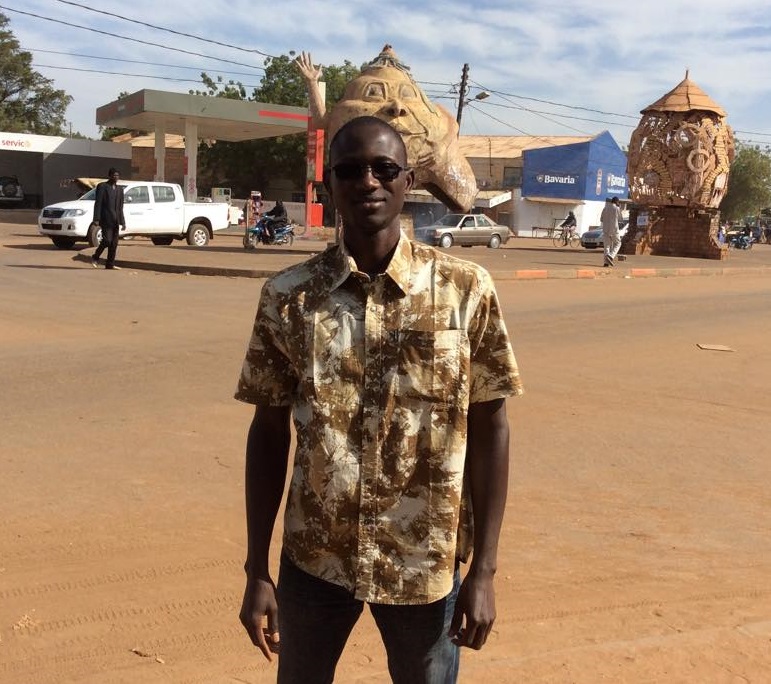 Mamadou Bodian (PhD Candidate, Political Science): My dissertation topic is: “The Politics of Electoral Reform in Francophone West Africa: the Birth and Change of Electoral Rules in Mali, Niger, and Senegal”.
Mamadou Bodian (PhD Candidate, Political Science): My dissertation topic is: “The Politics of Electoral Reform in Francophone West Africa: the Birth and Change of Electoral Rules in Mali, Niger, and Senegal”.
A summary of his work, in his words: This dissertation examines the origins of and changes in electoral systems in Francophone West Africa: Senegal, Mali, and Niger. It addresses the following question: why are alternative electoral rules considered and implemented in certain countries at certain times and, once they have been established, how are they altered or replaced with new ones?
It argues that electoral systems can be chosen or changed for various reasons. The existence of electoral threat is partly and not exclusively what drives political actors to choose or change electoral systems. For the most part, electoral reforms in francophone West Africa have occurred as a result of a choice made by the incumbent regime to secure political tenure in the face of a mounting extra-institutional threat. Such a threat emerges when the overall performance of the political system fails to meet some standards of electoral inclusiveness and when opposition groups, unable to influence any change through formal channels, mobilize masses and use extra-institutional pressure to threaten the survival of the ruling regime. My findings suggest that in times of normal politics, incumbent politicians are likely to change the rules of the game when electoral threat is high and extra-institutional threat low. However, in times of extraordinary politics—especially during periods of democratic transition when extra-institutional threat is high—politicians are likely to negotiate over electoral reform to secure their tenure.